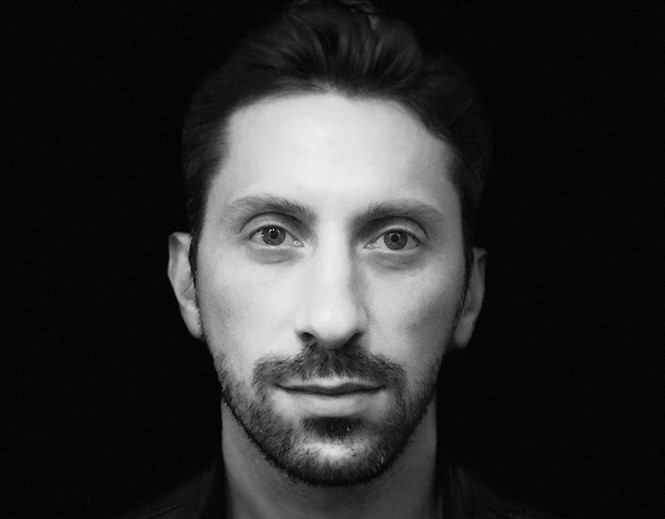Insights: Naming, the inconvenient truth

Naming a brand presents a challenge because it requires the uncovering of a brand truth. Pierre Nabhan writes about naming, relevance and expressing the heart of the brand. JoosNabhan is shortlisted at the Transform Awards Europe tomorrow night
What’s your truth? The truth about your company, your people, your world. At a time when every brand’s purpose is under the spotlight, when the only question is ‘why?’ Everybody is looking for the truth. But the truth is not easy. As the New York Times puts it, “The truth is hard;” hard to find, and hard to say.
It’s for the same reasons that brand naming is so hard. Because you have to express a truth. A truth that is at the heart of your brand, in one or two words. It’s not about legal or cultural concerns, which can be excuses for creating useless names. It’s about opening a door to the most intimate part of your brand.
The problem is, truth has different faces. And in an era of post-truth and fake news, people doubt everything, brands included. But the truth does exist and there are brilliant examples of brand names that show it.
It all starts with the insight. That singular idea a brand has to stick to in everything it says and does until it dies or changes. In other words, until it’s no longer relevant.
One of the most beautiful and longlasting brand names based on an insight is ‘Gap’ originally ‘the Gap.’ Only a few know or care about where the name comes from. Even though it’s one of the main reasons it stands the test of time. It holds the truth of a young couple from California, who realised in 1969 that there was a ‘gap’ between the way their generation behaved and the way their parents’ generation behaved. The truth is: a gap between generations.
Problems arise when you try to superficially avoid or change the truth. BP became Beyond Petroleum by changing the meaning of its acronym. This didn’t change the reality of its activities. This is the case when your brand is based on invented needs, such as Joon, a subsidiary of the airline Air France, that was created to address the expectations of the Millennial generation. It was a name introduced as a metaphor for being ‘jeune’ – young in French – echoing Millennials’ ages as well as the month of June, evoking renewal. It was shut down a year after its launch. Millennials didn’t have the needs that Joon was trying to answer.
If you don’t seek your brand truth, it’ll impact your naming process and ultimately the value and usefulness of your brand name. It sounds simple, but the truth comes in many different forms, and choices have to be made.
Food for thought: Brand names that fit tangible attributes, such as France.tv, the French national television network, now digital.
Brand names built upon a shared belief which can be experienced like US telecom network Sprint. It had better be fast and never fail you. Brand names coherent with a whole universe as with Beats. It’s all about the music.
Brand names based on social concepts or trends such as Extinction Rebellion; based on the idea of civil disobedience, expressed as rebellion.
In the end, the problem for companies is as inconvenient as it is simple. What is your truth? A truth your brand name should have the courage to tell.
That’s true naming.
Pierre Nabhan is the co-founder of JoosNabhan












